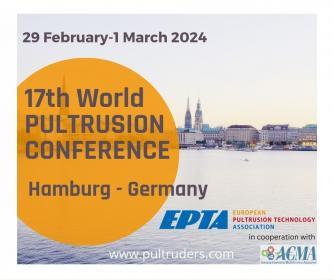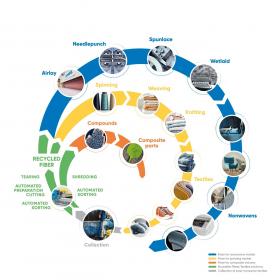Global Fashion Agenda presents new digital film series
Global Fashion Agenda (GFA) presented a new online film series: Fashion Redressed. Produced by BBC StoryWorks Commercial Productions, the captivating series intends to inspire the industry to take action to transform the way we produce and consume fashion.
Every day we express ourselves through our clothes. Encompassing cultures, personalities, traditions and beliefs, fashion is core to how we present ourselves to the outside world. But our consumption of fashion and clothing is pushing our planet and societies to its limits. Fashion trendsetters and pioneers are working to meet this challenge head-on with game-changing ideas. At the heart of this is the question: how can we keep expressing all we do through fashion, but without hurting the planet?
Focused on finding the answers, Fashion Redressed, comprises multiple films that showcase organisations from across the fashion and textile industries. Launched on a BBC.com microsite, the series spotlights the innovations across the world that are influencing the new seasons of fashion, featuring a collection of stories that depict tailor-made solutions to fit us and our planet.
The 11 self-contained branded films showcase a range of participants including: eBay, Elk, The Ellen MacArthur Foundation, Vestiaire Collective, Spinnova, Lenzing, Faherty, FarFetch, Waste2Wear, Colorifix and Forest Stewardship Council. Each film focuses on a bespoke solution that can benefit us and the planet. From the scientist taking inspiration from silk-spinning spiders in Helsinki and the duo taking a deep dive into the genetic makeup of colour in Cambridge, to the pre-loved clothes being brought to life on a global platform from Paris and the importance of cultural appreciation in Arizona, fashion gathers the most creative and innovative minds. This series expresses the dynamism and creativity of the fashion world, spotlighting the people weaving change into the fibres of fashion and those who are working to find the stylish side of a more sustainable sector.
The series was unveiled ahead of GFA’s landmark event – Global Fashion Summit: Boston Edition – on 27 September. The forum will bring together fashion stakeholders for agenda-setting discussions and productive meetings on critical environmental and social issues.
Global Fashion Agenda eBay Elk Ellen MacArthur Foundation Vestiaire Collective Spinnova Lenzing Faherty FarFetch Waste2Wear Colorifix Forest Stewardship Council
Global Fashion Agenda



























